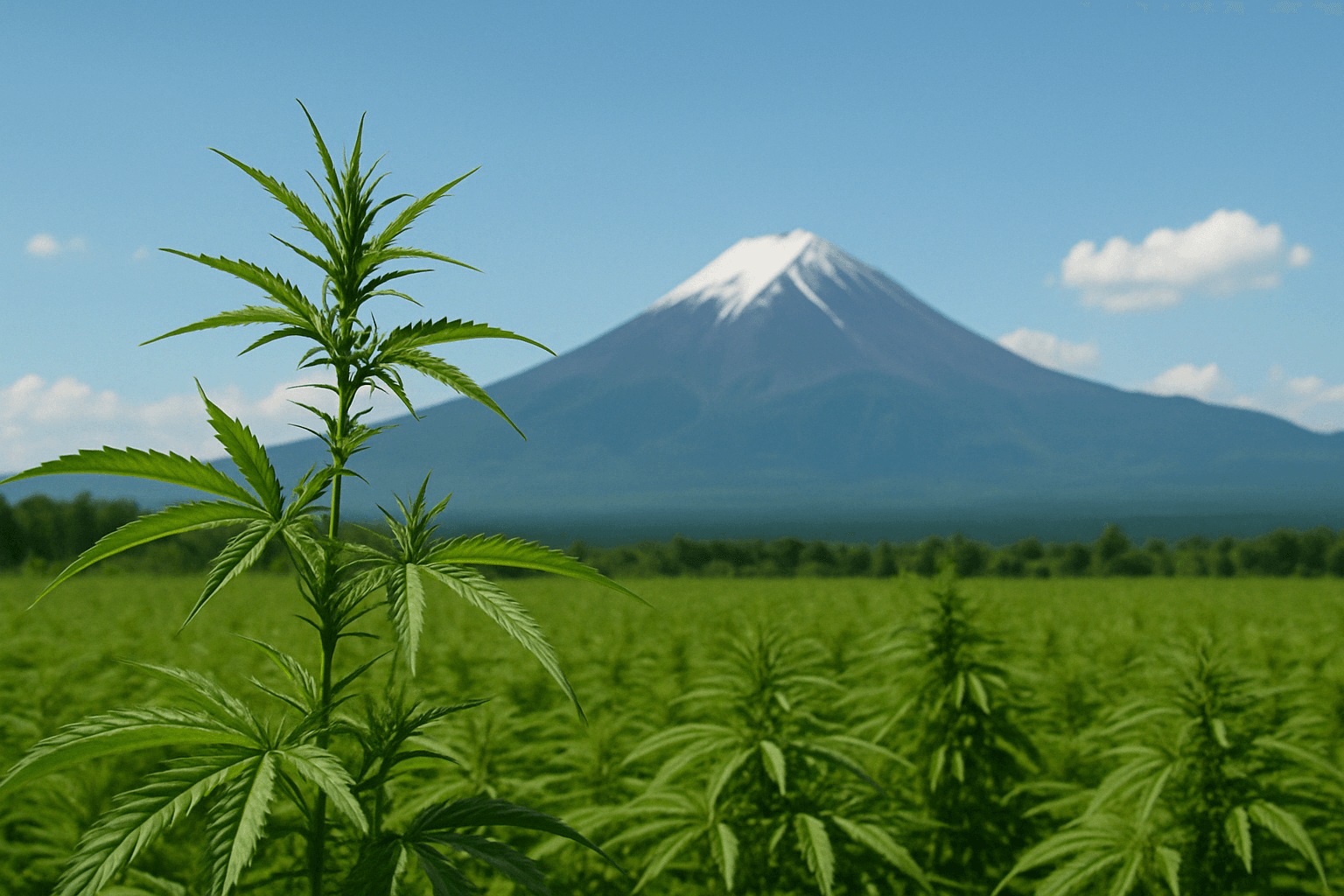Coast 2 Coast Consulting
Understanding Japan's Regulations on Hemp and Cannabis
Written by C2C

Japan is home to one of the strictest cannabis regulatory environments in the world. Under the Cannabis Control Law, enacted in 1948, the production, sale, and possession of marijuana are strictly prohibited. Violations can result in severe penalties, including imprisonment and hefty fines. This uncompromising stance stems from both historical context and societal attitudes that view cannabis use as highly taboo.
However, the legal landscape is more nuanced when it comes to hemp-derived products. Japan has made specific exceptions, allowing the importation and sale of certain cannabinoids—particularly those containing less than 1 part per million (1PPM) of THC, the psychoactive component responsible for cannabis's "high."
This distinction creates a complex and highly regulated environment for businesses aiming to import and sell cannabinoid products such as CBD (cannabidiol) and CBN (cannabinol). Importers must ensure that their products are entirely free from THC above the allowed threshold and that they are manufactured with according to precise specifications.
Strict documentation and testing requirements are enforced. Businesses must provide Certificates of Analysis (COAs) to demonstrate compliance, often requiring laboratory tests conducted both in the country of origin and upon arrival in Japan. Additionally, labeling and marketing claims must avoid any association with psychoactive effects or medical benefits unless specifically approved by Japanese authorities.
Navigating Japan’s legal framework demands precision, transparency, and an in-depth understanding of regulatory expectations. While the barriers to entry are high, companies that meet Japan’s stringent standards can tap into a growing market of consumers interested in wellness products derived from non-psychoactive cannabinoids.
As the global cannabinoid industry continues to evolve, Japan’s cautious but opening stance toward non-psychoactive hemp products represents both a challenge and an opportunity for forward-thinking businesses.
